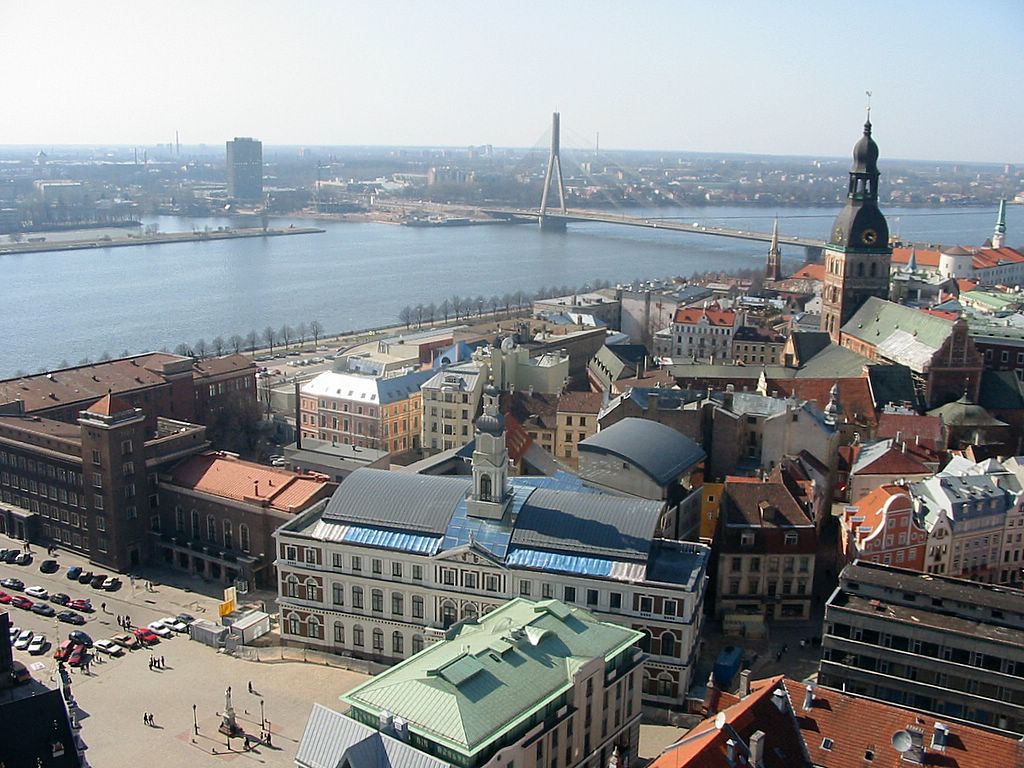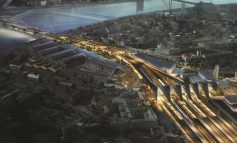You would think the city that was founded in 1201 would have remained relatively unchanged over the centuries. However, Riga has undergone significant transformations in recent years.
The city has experienced a surge in tourism, resulting in the renovation and modernization of many buildings and landmarks. New infrastructure projects have also been implemented to accommodate the growing population and improve transportation.
Additionally, Riga has embraced the digital age, with the startup law being amended, and with certain advancements in the IT sector. These changes have made Riga a vibrant and dynamic city, attracting visitors from all over the world.
The city’s cultural scene has also flourished, with the opening of new exhibitions, galleries, and performance venues. Riga has become a hub for art, music, and theater, hosting numerous festivals and events throughout the year. With flights launched to and from new destinations, Riga has seen more tourists than ever.
Furthermore, the food and dining scene in Riga has evolved, offering a diverse range of culinary experiences. From traditional Latvian cuisine to international fusion, there is something to satisfy every palate.
In terms of urban planning, Riga has focused on creating green spaces and promoting sustainability. Parks, gardens, and pedestrian-friendly zones have been created, encouraging outdoor activities and eco-friendly transportation options. Bike lanes have been introduced throughout the city, making it easier for residents and visitors to explore Riga on two wheels.
The real estate market in Riga has also seen significant changes. The demand for modern apartments and office spaces has increased, leading to the construction of new residential and commercial buildings. This has transformed the skyline of Riga, adding a mix of contemporary and historic architecture.
Education and healthcare in Riga have also improved, with the establishment of new schools, universities, and medical facilities. The city has invested in providing quality education and healthcare services to its residents.
In recent years, Riga has also become more environmentally conscious. The city has implemented sustainability initiatives, such as waste management programs and the promotion of renewable energy sources. Riga has also taken steps to reduce air pollution and improve air quality. The Beverage Packaging Deposit System has been introduced, encouraging recycling and reducing plastic waste.
Despite all these changes, Riga has managed to preserve its rich history and cultural heritage. The Old Town, a UNESCO World Heritage Site, still showcases the medieval charm of the city, with its narrow cobblestone streets and well-preserved historic buildings.
Overall, Riga has transformed into a modern and cosmopolitan city while retaining its unique character and cultural identity. With its blend of old and new, Riga continues to evolve and captivate visitors with its charm and vitality.



